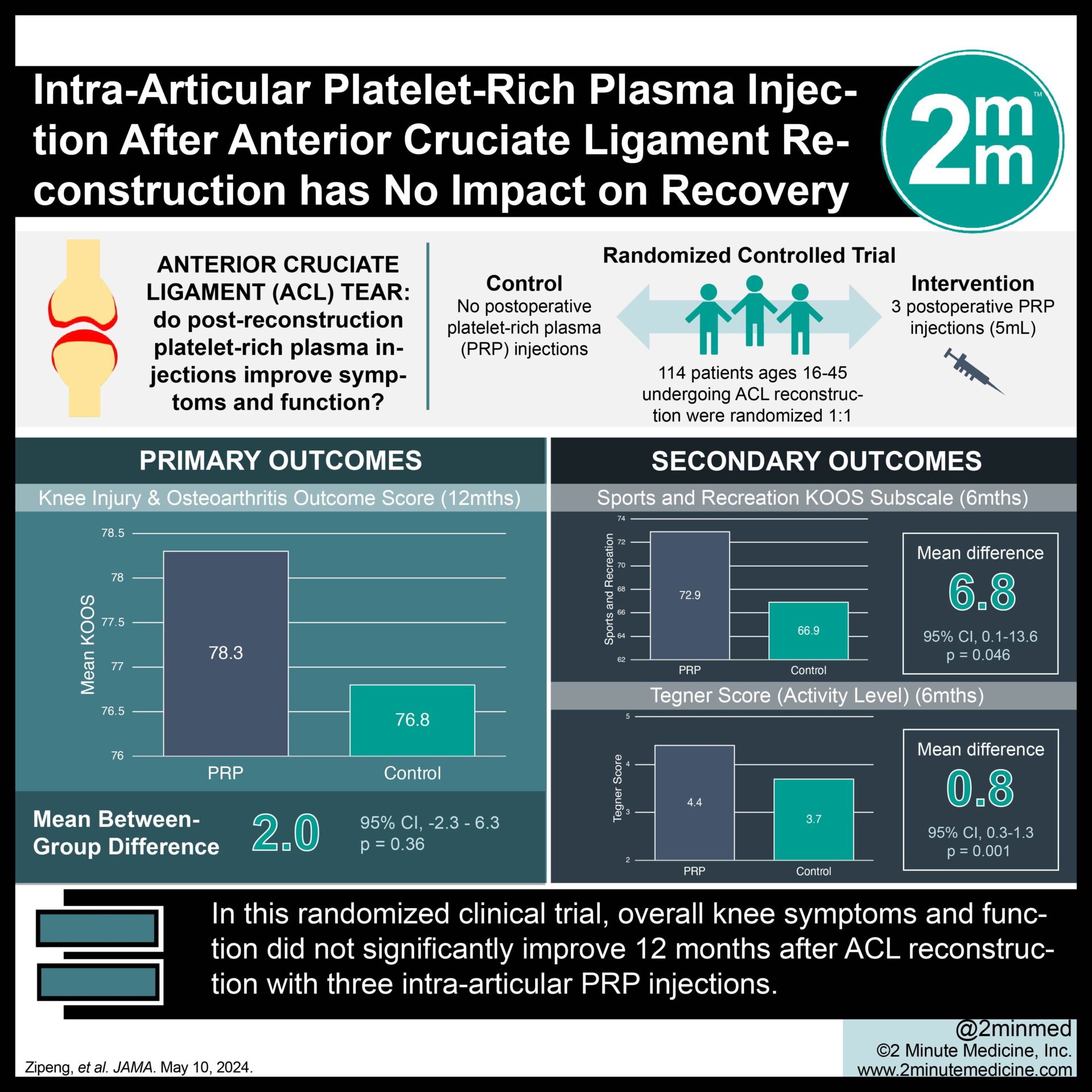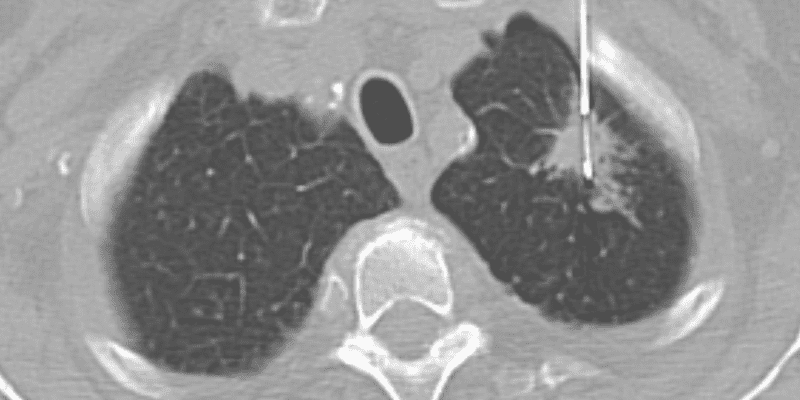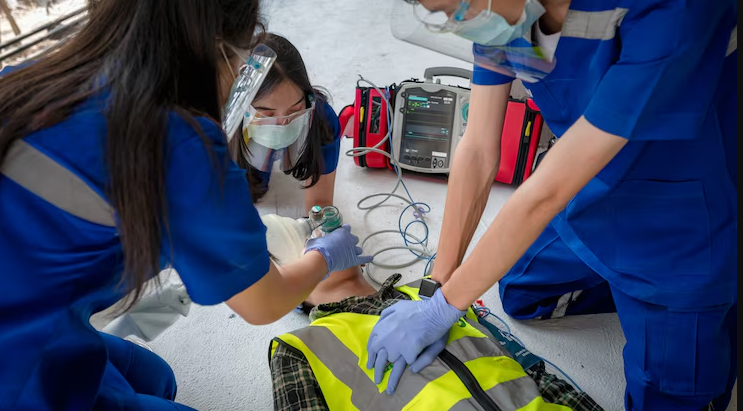The following is a summary of “Addressing Health Equity in Food Allergy,” published in the January 2024 issue of Allergy and Immunology by Dehborzogi et al.
Social determinants of health contribute to adverse outcomes for individuals with food allergies, manifesting as challenges in accessing allergen-free foods and specialized care. Factors such as housing and transportation limitations exacerbate social issues, including food insecurity, inadequate early food introduction, heightened reactivity to foods, reduced utilization of tertiary/allergy care, and an increased reliance on emergency room services. Effectively addressing health equity requires a dedicated, persistent commitment to acknowledging the value of all individuals. This clinical commentary delves into the existing state of health equity for those with food allergies, emphasizing disparities in emergency care, food allergy prevention, and food insecurity. Proposed solutions aim to enhance health equity through clinical practices.
The discussion also sheds light on available NIH funding opportunities for health equity initiatives. Identified gaps in health equity for food-allergic patients encompass the absence of documented successful implementation of solutions to food insecurity, suboptimal early food introduction rates, limited access to specialized care, and an uneven distribution of educational resources. The presence of research funding and legislative policies supporting food and education access serves as a driving force toward achieving health equity for the 20 million individuals in the United States affected by food allergies.
Source: sciencedirect.com/science/article/abs/pii/S2213219824000783

















